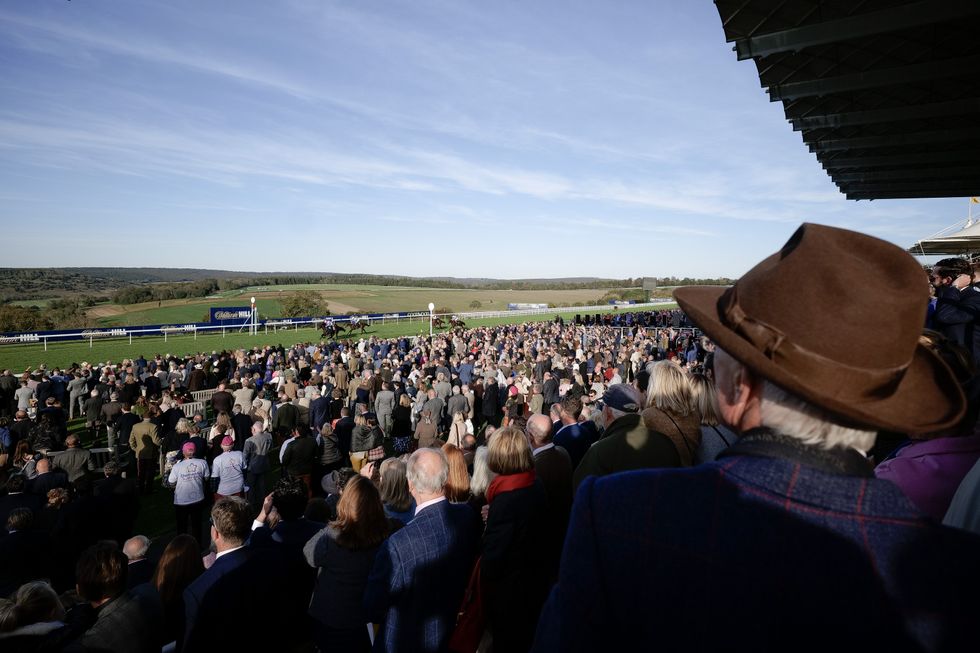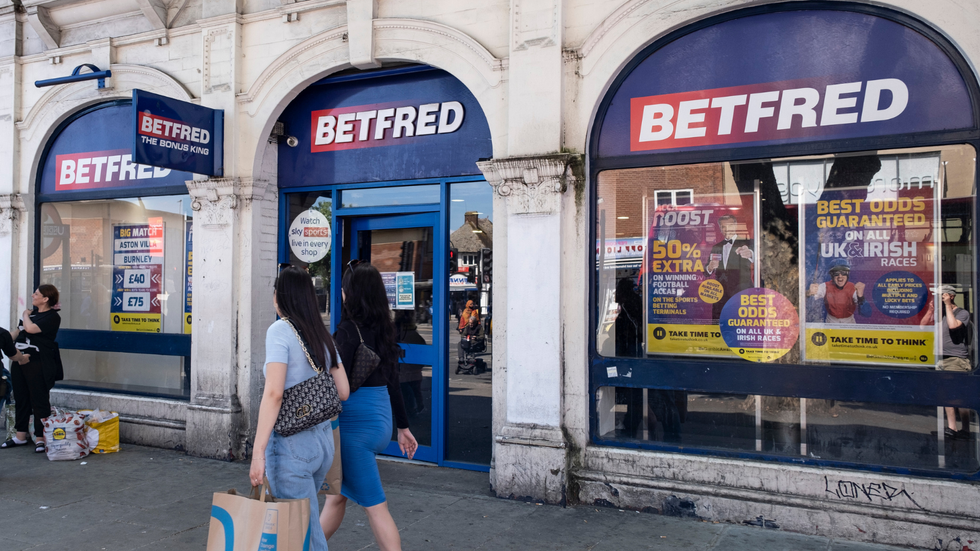Rachel Reeves is planning to bring in a two-tier tax system for sports betting which would see online betting companies pay more tax, while high street bookmakers will keep their current 15 per cent rate.
The chancellor is expected to confirm this in the upcoming Budget, according to three people familiar with the plans.
Sources say the increase for online betting platforms will be “slight”.
Horseracing will not face any tax rise at all, whether bets are placed online or in person, after strong lobbying from the industry.
The chancellor plans to increase duties on both physical gaming machines and digital casino offerings, The Financial Times reported.
Sports wagering currently attracts a 15 per cent duty regardless of placement method, whilst remote gaming faces 21 per cent taxation and physical terminals carry a 20 per cent profit levy.
Digital sports wagering represents one-third of the internet gambling sector. Football betting generates £1.1billion yearly for operators, whilst horseracing contributes £777.1million annually.

Anti-gambling advocates have branded machine gaming as “addictive” and “higher-risk”, pushing for the terminal levy to rise from 20 per cent to 50 per cent.
Former prime minister Gordon Brown had pressed for all sports wagering and horseracing to face the elevated 21 per cent rate, which would have generated approximately £3.2billion to finance the removal of the two-child benefit limit.
The chancellor acknowledged in September that “there was a case for gambling firms paying more”.
LATEST DEVELOPMENTS:
- Rachel Reeves urged to freeze fuel duty for ‘lifetime of Parliament’ or risk hammering drivers
- One in four workers to pay higher rate tax under Rachel Reeves’s freeze extension
- Rachel Reeves could ‘raise taxes by £30BILLION’ in Budget, top economist warns

The British Horseracing Association spearheaded fierce resistance to tax increases, cautioning that higher duties would eliminate thousands of positions and jeopardise a sector contributing £4.1billion to Britain’s economy whilst delivering £300million in yearly tax receipts.
Wagering companies have cautioned that elevated taxation would reduce financial support for horseracing.
The protection for physical betting shops follows warnings from Betfred’s owners, the Done family, who threatened to shutter their entire network of nearly 1,300 outlets if gambling duties increased.

The Treasury defended its decision to shield horseracing from tax rises, with a spokesperson stating: “Horseracing is part of the cultural fabric of the country, that’s why it’s the only sector that benefits from a government-mandated levy, while betting at the races gets a 100 per cent tax break — which we have no plans to change”.
Trackside wagering remains completely duty-free, whilst the sector enjoys unique government-mandated financial support unavailable to other sports.
Our Standards: The GB News Editorial Charter







Follow